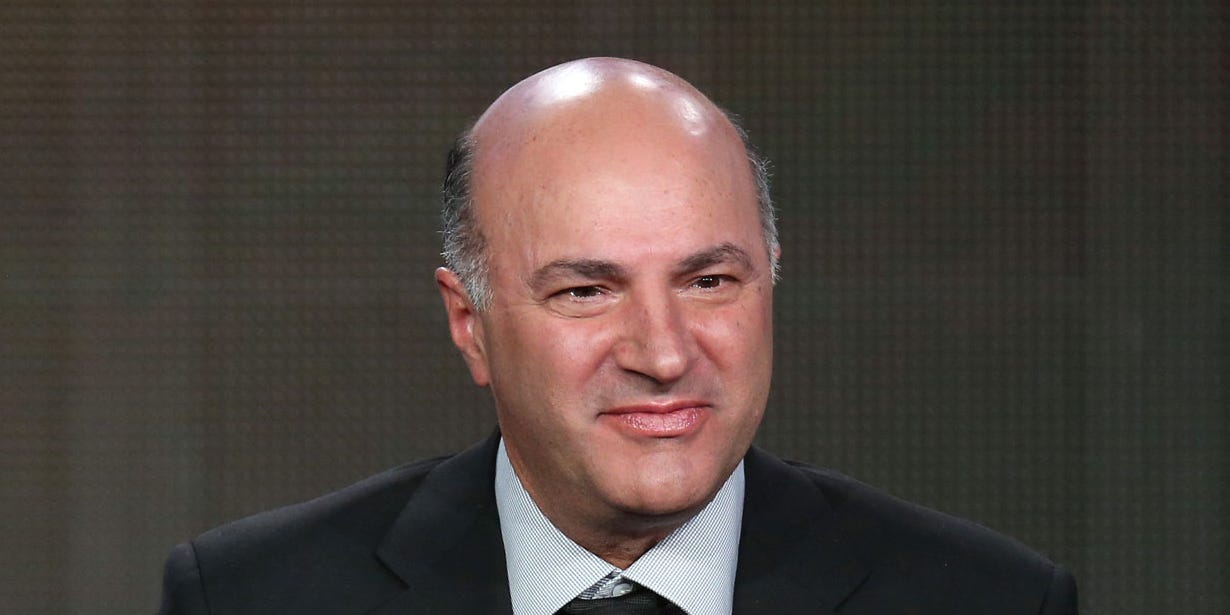
- Shark Tank investor Kevin O'Leary said he has allocated 3% of his portfolio to bitcoin, which he once considered "garbage".
- O'Leary said in an interview with Yahoo Finance he's working on organizing a "council of sustainability" to include corporations and governments that are mining bitcoin responsibly.
- O'Leary bought bitcoin as Canada and other countries have eased restrictions on institutional buying of the cryptocurrency.
- See more stories on Insider's business page.
"Shark Tank" investor Kevin O'Leary has allocated 3% of his portfolio to bitcoin and is aiming to bolster sustainability in mining for the world's largest cryptocurrency.
O'Leary told Yahoo Finance Live in an interview that aired Wednesday that he made the allocation after Canada, where he's from, and other countries eased restrictions on institutional purchases of bitcoin. Regulators in Canada so far this year have approved the launch of four cryptocurrency exchange-traded funds.
The chairman of O'Shares ETFs, who called bitcoin "garbage" in a May 2019 interview on CNBC, said in March that he would be adding bitcoin to his portfolio partly because he thought of it as a hedge against inflation. He told Yahoo Finance Live that after his announcement he received numerous calls from institutional investors asking if he knew where the coins originated. He warned that "there's a big problem brewing" in the crypto industry how and where coins are mined.
He said he's working to make sure every coin he owns is compliant.
"I know the provenance of where my wallet coins were mined now, and that means I've had to take equity positions in miners. I've had to start investing in them with the covenants in place that I would like to be paid back in a royalty of a clean coin," O'Leary said.
He also said he's working on organizing a "council of sustainability" to include corporations and governments that are mining coins responsibly.
Bitcoin is a target of criticism in part because its digital mining process requires a significant amount of energy. Research from Cambridge University shows it uses more energy each year than Sweden and Argentina.